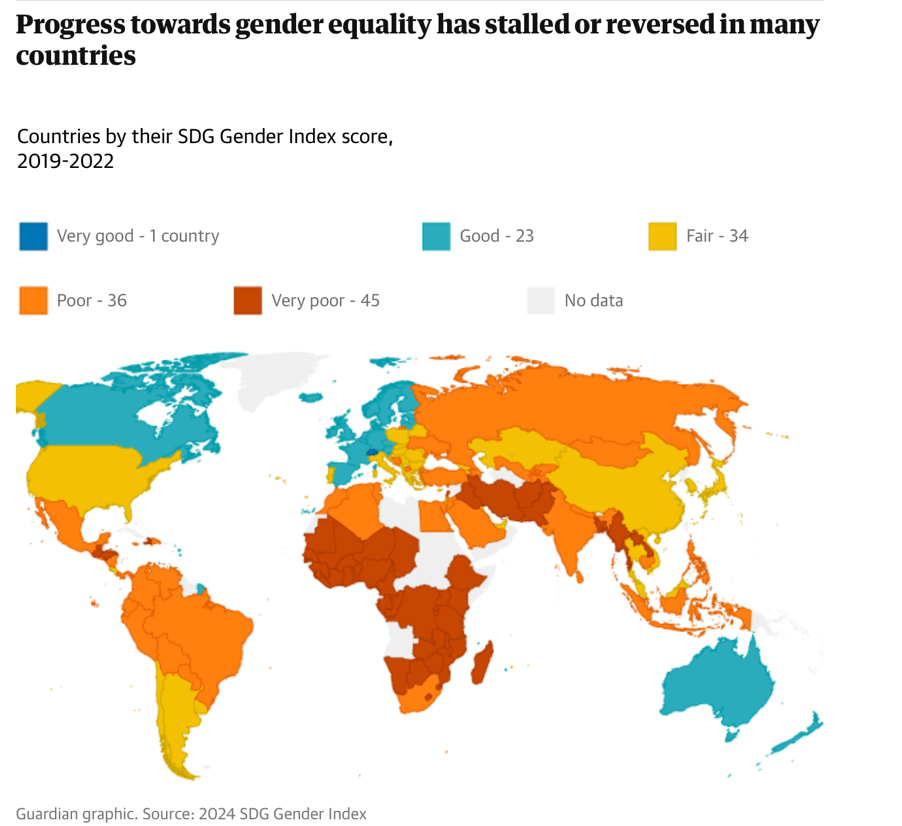Examining Annie Jacobsen's Nuclear War: A Scenario
- UN House Scotland

- Dec 31, 2024
- 3 min read
This article was written by Aileen Mejia for Secure Scotland. To read the original article, click here.
Aileen Mejia explores the power of grassroots action, the flaws of nuclear deterrence, and the vital role of local movements in Scotland in shaping a world free from nuclear weapons

Annie Jacobsen's chilling, well researched book Nuclear War: A Scenario explores what a nuclear strike on the United States may entail. By presenting a hypothetical, yet deeply plausible series of events, Jacobsen explores the fragility of global security and the devastating consequences of failing to prioritize de-escalation and disarmament. The book highlights issues that are extremely pertinent to the grassroots groups in Scotland that relentlessly advocate for nuclear disarmament and the application of the Treaty on the Prohibition of Nuclear Weapons, including Secure Scotland and the Scottish Campaign for Nuclear Disarmament (SCND), which are part of the International Campaign to Abolish Nuclear Weapons (ICAN).
The book highlights the problems with deterrence as a policy, exposing a risky reliance on the notion that even in the most irrational situations, rational judgment will win out. This strategy is not only restrictive but also dangerously lacking in rigour since it ignores the worst-case situations that could occur, such poor judgment, a panic attack, or a communication breakdown that results in a full panic attack. Jacobsen’s narrative vividly illustrates how easily catastrophic decisions can unfold when nuclear weapons are involved. By describing the chain of command and the procedures that would be triggered in the case of a nuclear attack, the book exposes a system that is rife with technological and human weaknesses. The scenario’s plausibility serves as a stark warning: the existence of nuclear weapons inherently endangers civil society. For the nuclear disarmament movement, this reinforces the necessity of proactive measure like those championed in the TPNW, which aim to eliminate the threat as its source rather than relying on a fragile mechanism of deterrence.
It stresses the core idea that even hypothetical scenarios require practical solutions. The future of humanity depends on nuclear disarmament; it is not merely a pipe dream. Elimination and the worldwide prohibition of nuclear weapons has been the primary goal ICAN as an absolute necessity since its inception, and Jacobsen's book serves as a powerful reminder of why these initiatives must go forward unobstructed.
Nuclear War: A Scenario is a call to action as much as an engrossing story. Jacobsen urges readers to reconsider the present reality by exposing the horrifying ease with which nuclear weapons may wipe off human civilization. The book also gives grassroots groups like Secure Scotland and SCND a fresh perspective on the significance of their work and a renewed sense of urgency for their activism.
The book’s message on nuclear abolition underscores the importance of local action in confronting global concerns. Despite the seemingly overwhelming complexity of international politics, as shown in Jacobsen's book, grassroots organisations can effect change from the ground up. The disarmament movement in Scotland finds great resonance in this lesson. Scotland has been a strong opponent of nuclear weapons, with communities regularly organizing against the Trident nuclear program, even though Westminster has not adopted the TPNW. Secure Scotland and SCND exemplify the role of grassroots activism in shaping public discourse and pressuring policymakers. For example, by consistently blocking nuclear installations and causing disruption that attracts public and political attention, Trident Ploughshares exemplifies the effectiveness of direct action. The movement was also significantly enhanced by the involvement of Scottish parliamentarians in these demonstrations, exhibiting a rare partnership between official government backing and grassroots initiatives.
Jacobsen’s hypothetical scenario might focus on the United States, but the implications are global. The work of these Scottish organisations demonstrates how local movements can challenge national and international norms, pushing nuclear disarmament higher on policy agendas. Together, these efforts showcase how local and national actors can come together to confront the pressing issue of nuclear weapons on a global stage.
A key meeting where signatories to the Treaty on the Prohibition of Nuclear Weapons assess progress and plan how to further disarmament objectives is the Meeting of States Parties. There, governments and civil society have a platform to debate challenges to the treaty's implementation and restate their commitments. With the Third Meeting of States Parties imminent, Jacobsen’s work functions as both a cautionary tale and a source of inspiration. It highlights that the struggle for nuclear disarmament transcends treaties and discussions; it is fundamentally about preserving the future of humanity. Grassroots action plays a vital part in achieving this goal, connecting local concerns with global solutions. Although Jacobsen's scenario is hypothetical, the threat it illustrates is undeniably real, and it is a peril that we must collectively strive to eradicate.










Comments